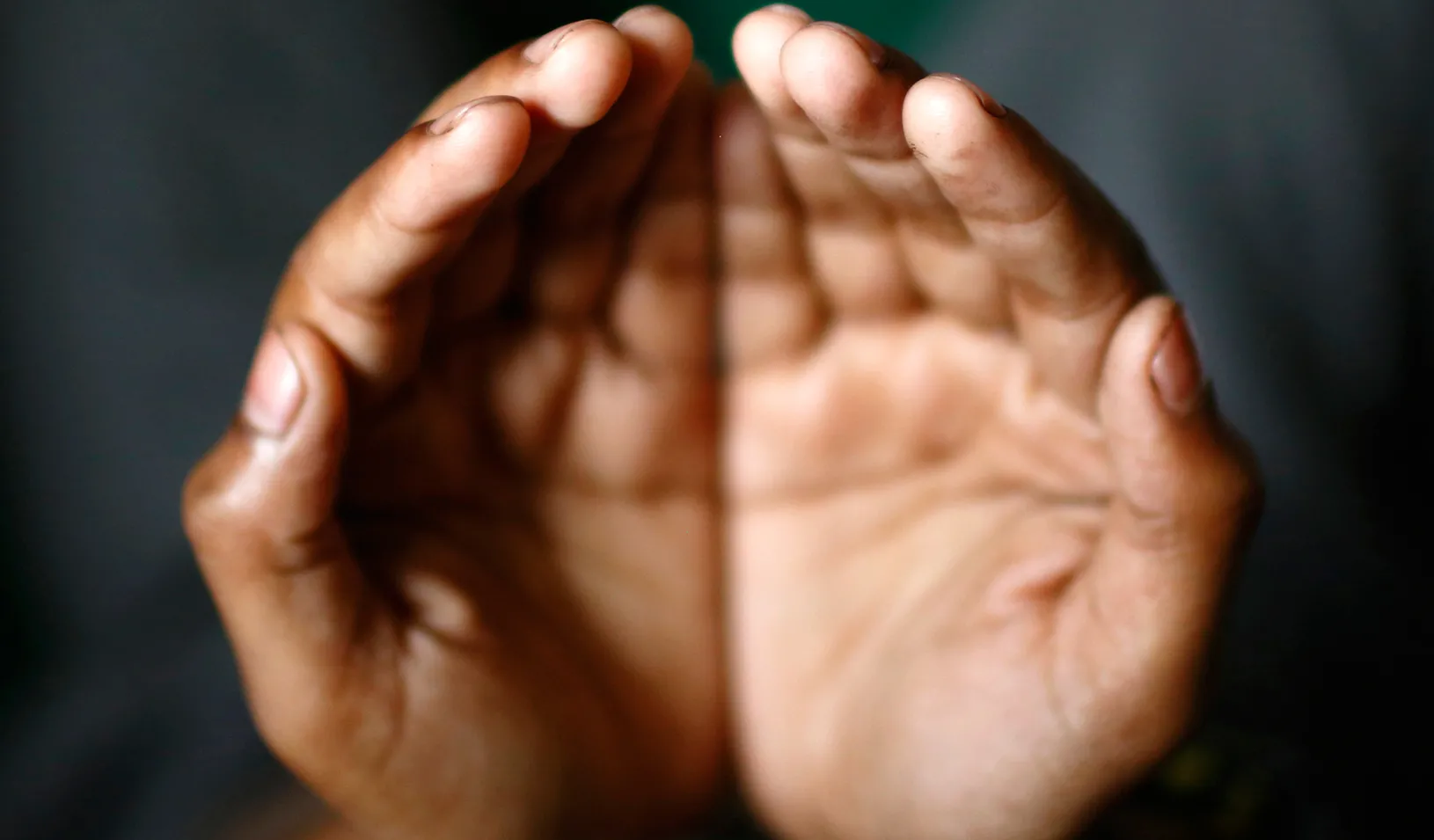July 27, 2012
| by Francis J. FlynnWhat inspires people to act selflessly, help others, and make personal sacrifices? Each quarter, this column features one piece of scholarly research that provides insight on what motivates people to engage in what psychologists call “prosocial behavior” — making charitable contributions, buying gifts, volunteering one’s time, and so forth. In short, it looks at the work of some of our finest researchers on what spurs people to do something on behalf of someone else.
In this quarter’s column, we look at an unusual act of kindness: giving something away to someone you don’t even know and getting nothing in return. This type of generous act happens every day, numerous times, in the form of blood donations, providing restaurant reviews online, flashing bright lights on the highway to warn of a police trap, and so on. In each case, someone provides a useful, good service, or bit of free advice. In academic circles, we sometimes refer to this type of giving as “generalized exchange.” Generalized exchange stands in contrast to “direct exchange,” in which payments are made or reciprocity is expected.
In a recent paper, my colleagues, Robb Willer and Sonya Zak, and I examine whether generalized exchange systems can create more solidarity than direct exchange systems. We find that generalized exchange does foster more solidarity than direct exchange partly because people are inspired by the benefits they receive in generalized exchange. Simply put, the “social value” of the benefits received in generalized exchange is seen as greater than the value of the same benefits received through direct exchange (e.g., purchases).
People tend to attribute this enhanced value to the “special” nature of the community that supports generalized exchange, which leads them to experience further elevated feelings of cohesion and loyalty toward that group. In essence, when people are beneficiaries in a system of generalized exchange, it leads them to identify more closely with the group, and this, in turn, leads them to make contributions on behalf of the group.
Our findings are taken from case studies focusing on two online organizations. One is Freecycle, a community that facilitates the exchange of diverse items, such as furniture, children’s clothing, computers, and even cars. Users of Freecycle make contributions to other individual users, but cannot request payment or ask for any other form of compensation. Freecycle, with almost 9 million members, is the largest known generalized exchange system in history. The other is Craigslist, a service that facilitates the sale of items. In contrast to Freecycle, Craigslist users exchange resources with one another by engaging in direct, paid transactions.
To gather data about Freecycle and Craigslist, we surveyed over 1,000 users of both services. In addition, for a month following the survey we tracked the giving behavior of Freecycle members using online “digests.” First, we found that the relationship between the perceived value of resources and group solidarity was stronger among participants using Freecycle than it was among those using Craigslist. Second, we discovered that participants had more of a sense of group identification with Freecycle than they did with Craigslist.
Third, we found that the differences in solidarity or group identification kicked in when the benefit of the items being received was seen to be high. That is, the more items respondents reported having received, the higher levels of solidarity they reported. Further, resource exchanges on Freecycle had a stronger impact on group members’ sense of solidarity in their community because these benefits led them to identify more intensely with their Freecycle community. Finally, Freecycle participants who reported a stronger perception of solidarity were more likely to make contributions in their Freecycle community during the month following our survey.
Our findings suggest that systems of generalized exchange can be successful if they are able to generate a critical mass of contributions that can spark a virtuous cycle of group identification, solidarity, and generosity. This requires overcoming the initial “start-up” problem of getting people to give — otherwise a lack of cooperation early on will fail to generate the solidarity needed to maintain a system of giving.
The findings from our research bear clear implications not just for online communities like Freecycle and Craigslist, but also for managers of organizations. Many firm leaders hope to increase cooperation in the firm by inspiring the unilateral exchange of resources among their employees; in essence, to promote a system of generalized exchange. To this end, they may be wise to set the tone by building a strong group identity — one that is likely to promote a pattern of freely providing help and assistance without any expectation of direct compensation.
Research selected by Francis Flynn, Paul E. Holden Professor of Organizational Behavior at Stanford Graduate School of Business.
For media inquiries, visit the Newsroom.






